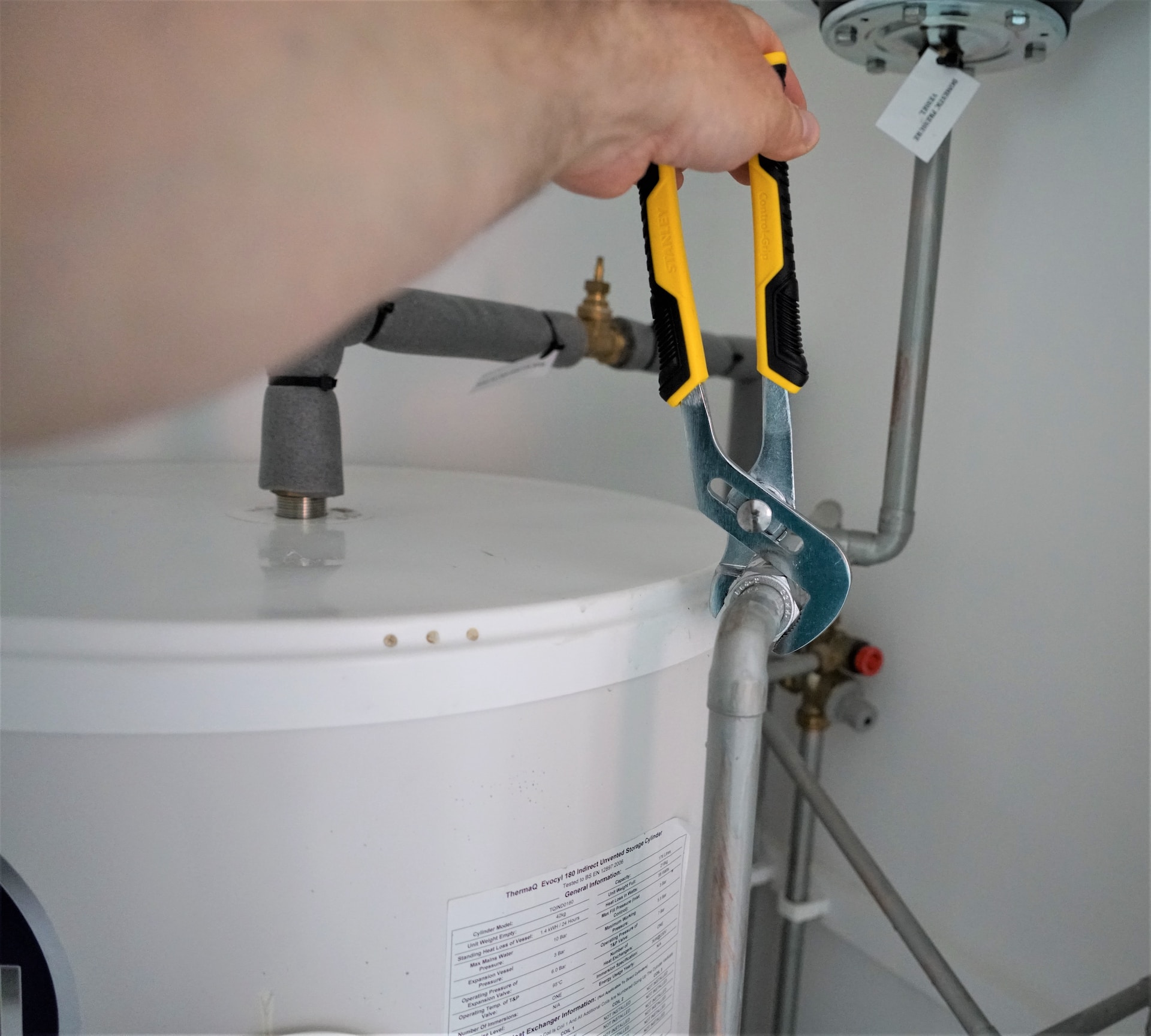When Do You Replace a Plumbing Fixture?
Plumbing fixtures are essential components of any home or commercial building: they’re designed to maintain the water system in your home and keep things running, whether it be your shower, your toilets or your sink. Over time, these fixtures can end up wearing out, leading to leaks, inefficiencies, or even complete failure.
Knowing when to replace a plumbing fixture can help you maintain a healthy, safe, and efficient plumbing system, and can also end up being cheaper than performing endless repairs in the long rong. In this article, we’re going to take a look at some of the key signs that indicate it’s time to replace a plumbing fixture – and when to seek professional advice. Let’s take a look!
Signs of wear and tear
Like any other component in your home, plumbing fixtures are subject to wear and tear, and regular use can lead to the gradual deterioration of their performance. Some common signs of wear and tear include:
Leaking
If your fixture is constantly leaking, it may be due to worn-out parts or poor connections. While some leaks can be fixed with simple repairs, persistent or severe leaks may require a replacement.
Rust and corrosion
Over time, plumbing fixtures can develop rust and corrosion, affecting their functionality and appearance. Rusty or corroded fixtures can pose a health risk, as they can contaminate your water supply.
Poor water pressure
Advancements in plumbing technology have led to the development of more efficient fixtures that conserve water and energy. If your fixtures are outdated, it may be time to consider upgrading to a modern, more efficient model. Some reasons to replace outdated fixtures include:
High water consumption
Incompatibility with modern plumbing systems
As plumbing systems evolve, older fixtures may not be compatible with new technologies or materials. Upgrading to modern fixtures ensures that your plumbing system remains efficient and up-to-date.

